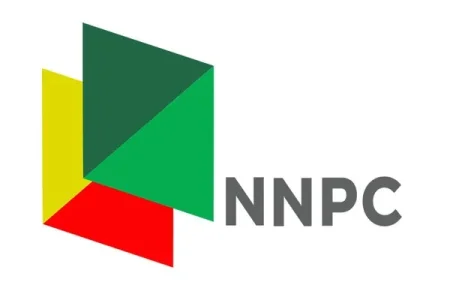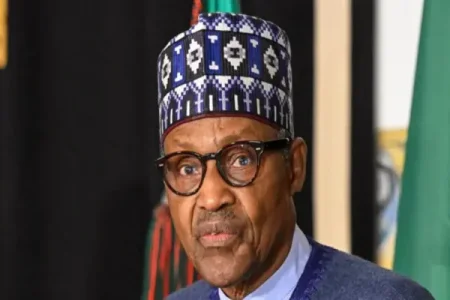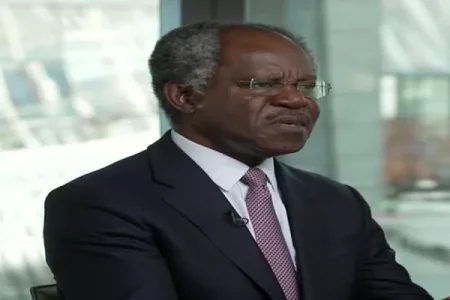
The World Bank has criticized the Nigerian National Petroleum Company Limited (NNPCL) for its lack of transparency and inconsistent financial reporting, which hinders oil revenue oversight. The ARMOR Report urges Nigeria to implement fiscal reforms and diversify its revenue sources as it seeks a $750 million loan to support economic reforms.
The World Bank has expressed serious concerns regarding the Nigerian National Petroleum Company Limited (NNPCL), highlighting significant issues of transparency and inconsistent financial reporting that hinder effective oversight of oil revenue distributions to Nigeria's Federation Account. These findings were detailed in the bank’s Accelerating Resource Mobilisation Reforms (ARMOR) Report, released on May 17, 2024.
According to the report, NNPCL's governance practices have come under scrutiny, particularly the inconsistency in reports submitted to the Federal Account Allocation Committee (FAAC). Key information, such as pledged revenue details, crude oil trade values, and actual payments, were notably absent. The report emphasized, "Non-transparent reporting to the Federal Ministry of Finance and FAAC makes it difficult for authorities to oversee NNPCL’s performance."
The World Bank flagged a specific instance where NNPCL pledged 35,000 barrels per day for a stake in the Dangote Refinery. Despite the substantial investment of approximately $5.8 billion, the reported revenue fell short of expectations.
Moreover, the report indicated a troubling trend: although international oil prices surged by 116% from 2020 to 2023, Nigeria's net oil revenue to GDP ratio dropped from 2% to 1.8%. This decline is attributed to falling oil production, down from 1.8 million barrels per day in 2020 to 1.4 million in 2023, exacerbated by security challenges and underinvestment.
In light of these issues, the World Bank has urged Nigeria to implement fiscal reforms to diversify its revenue streams and enhance non-oil revenue collection. The Nigerian government is pursuing a $750 million loan as part of a larger $2.25 billion package from the World Bank to support its economic reform agenda, contingent upon measurable improvements in tax collection and compliance.
The ARMOR initiative aims to increase VAT collections to 1.8% of non-oil GDP and to improve Nigeria's tax infrastructure, particularly given that the country's VAT rate of 7.5% is the lowest in Africa, significantly trailing the Sub-Saharan Africa average of 15.8%.




